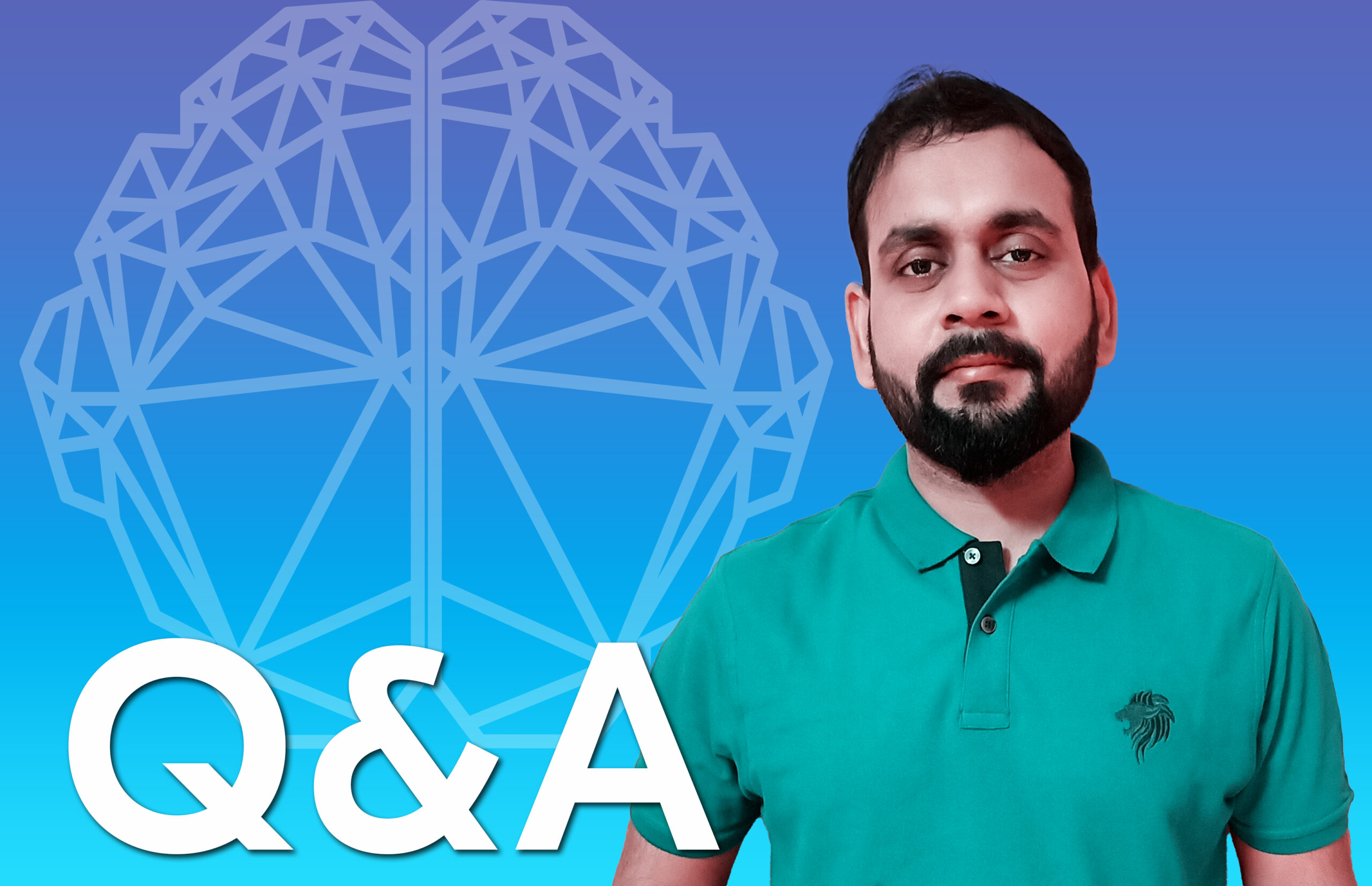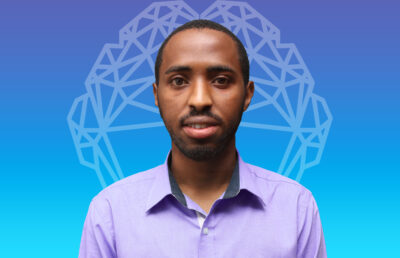WorldQuant BRAIN Consultant Saurabh Kumar describes how he got interested in quant finance and the ways he comes up with new research ideas.
Where did you grow up?
I was born and brought up in Silao, a small town in the Nalanda District of Bihar. I completed my Bachelor’s in Technology in Aerospace Engineering in 2015 from the Indian Institute of Technology, Kanpur. After graduation, I moved to Mumbai.
How did you get interested in quantitative finance?
I’ve had an interest in stock markets since the beginning of college. I used to participate in virtual stock market trading competitions at IIT Kanpur. After the end of my third year, in May 2014, through my school’s student council I heard about a quantitative finance research platform WorldQuant had launched. I started exploring it and using my stock market experience to try to create alphas.* I did well and was ranked in the top 10, which made me more interested, and I started working as a WorldQuant research consultant.
Why did you want to become a consultant?
My interest in mathematics and the stock market led me toward alpha research. And when your interest becomes a source of income, you will always be attracted to something. As a consultant, I have grown in terms of learning as well as earning.
What is your favorite part about being a WorldQuant consultant?
I had an opportunity to be a part of the WorldQuant Global Summit in Puerto Rico in 2015 and got to meet researchers at WorldQuant from other countries.
What do you like most about the BRAIN platform?
The user interface of the BRAIN platform is better than the previous platform. There are more data fields to work with, which makes it easier to convert any theoretical expression into a mathematical model. The newly added glossary is very helpful when I have questions about some particular content. The multi-simulation feature is also one of the best parts of the BRAIN platform.
How do you come up with ideas for new alphas?
I have developed various methods in the past to try to create alphas. The most common is to search any data field on the internet and get some theoretical expression related to the data field and work around those expressions by playing with related data fields and operators that are available on the platform.
What is the most challenging part about doing quantitative finance research?
Making alphas is the most challenging part of quantitative finance. It is really tough to implement a theoretical idea into a mathematical expression (alpha) with good performance, but I have become very accustomed to doing it. I love spending time on ideas and then playing with operators and data fields to convert them into a mathematical expression. Sometimes it takes two or three days, at least three to four hours a day, to make a satisfactory alpha.
How has your experience as a WorldQuant consultant helped shape your career goals?
Working with WorldQuant has really helped me to improve my analytical skills and patience. Spending a long time to improve an alpha’s performance has made me confident that if you are thinking in the right direction, you will surely achieve what you want.





